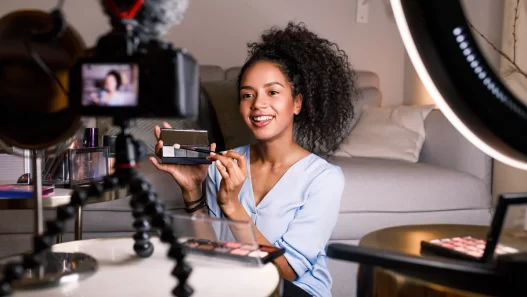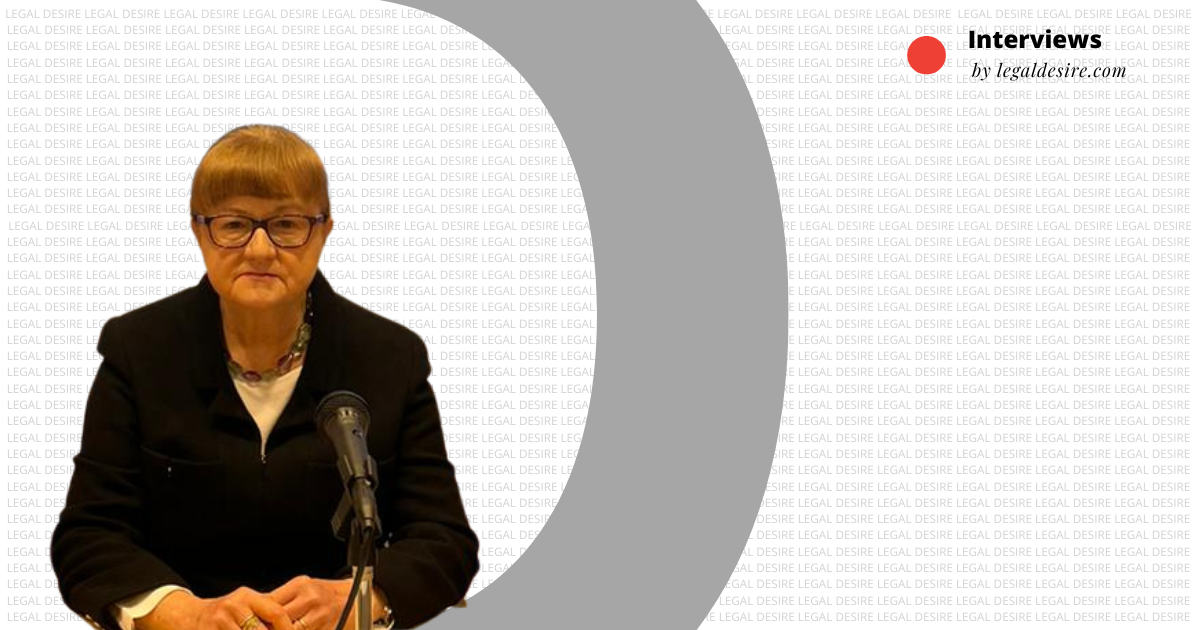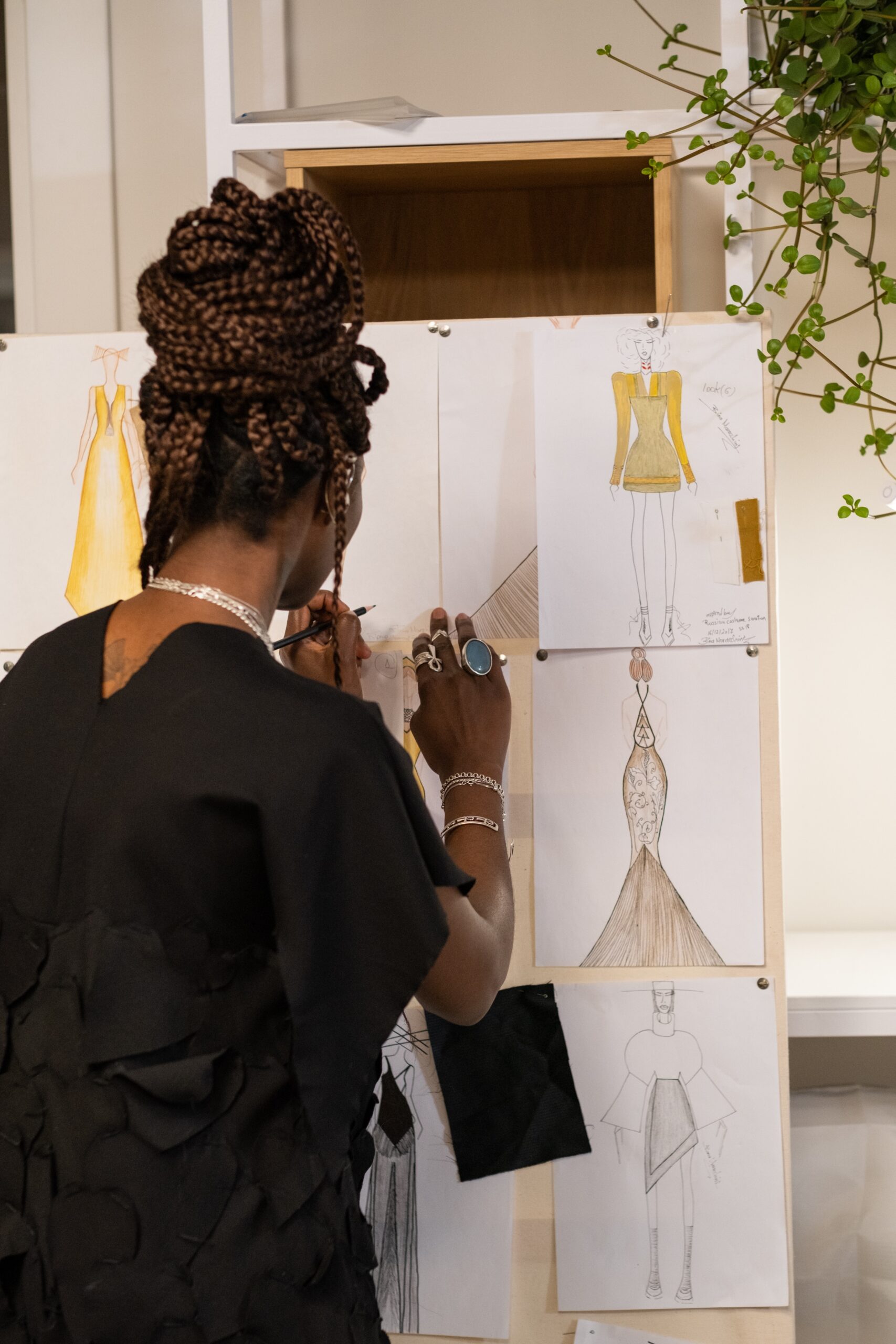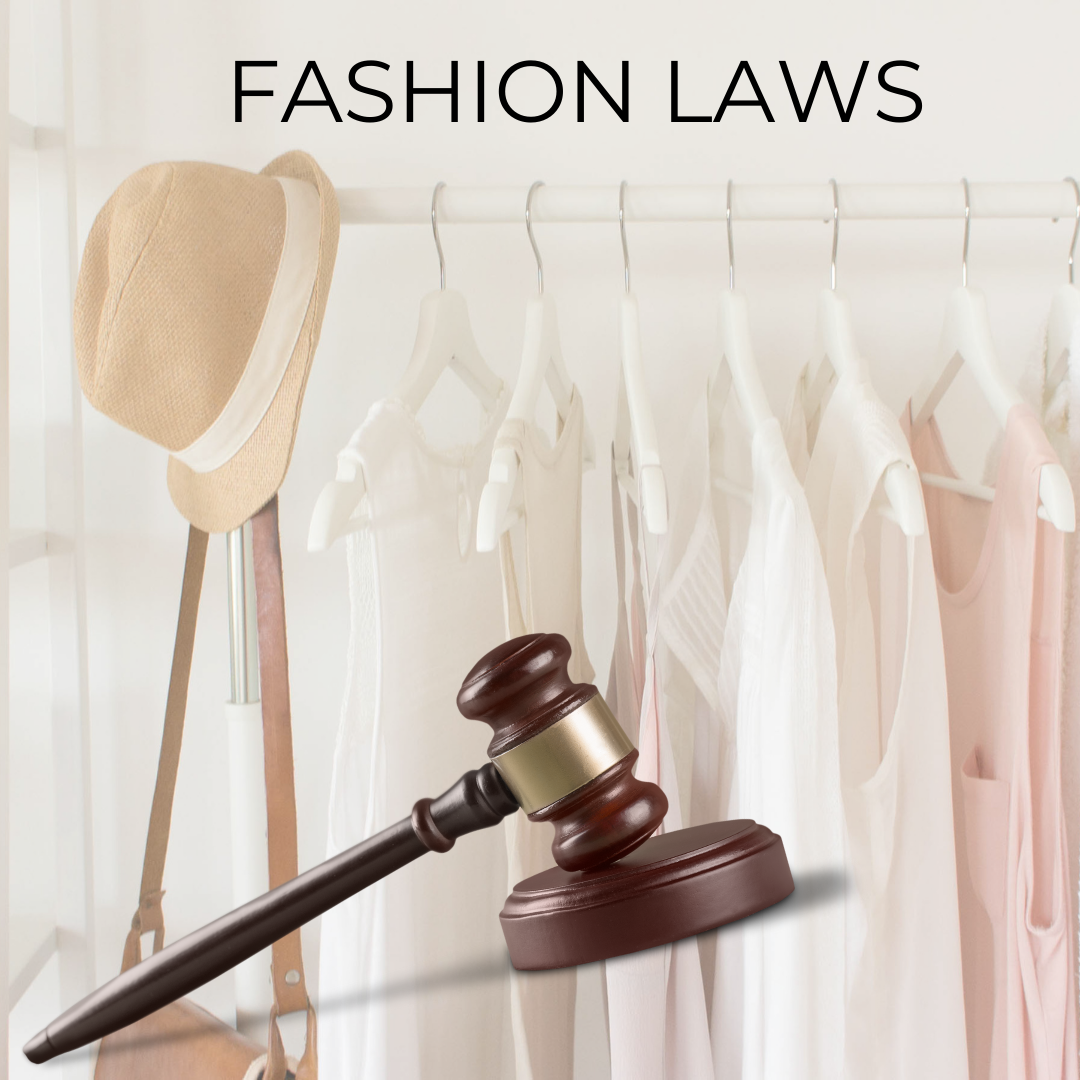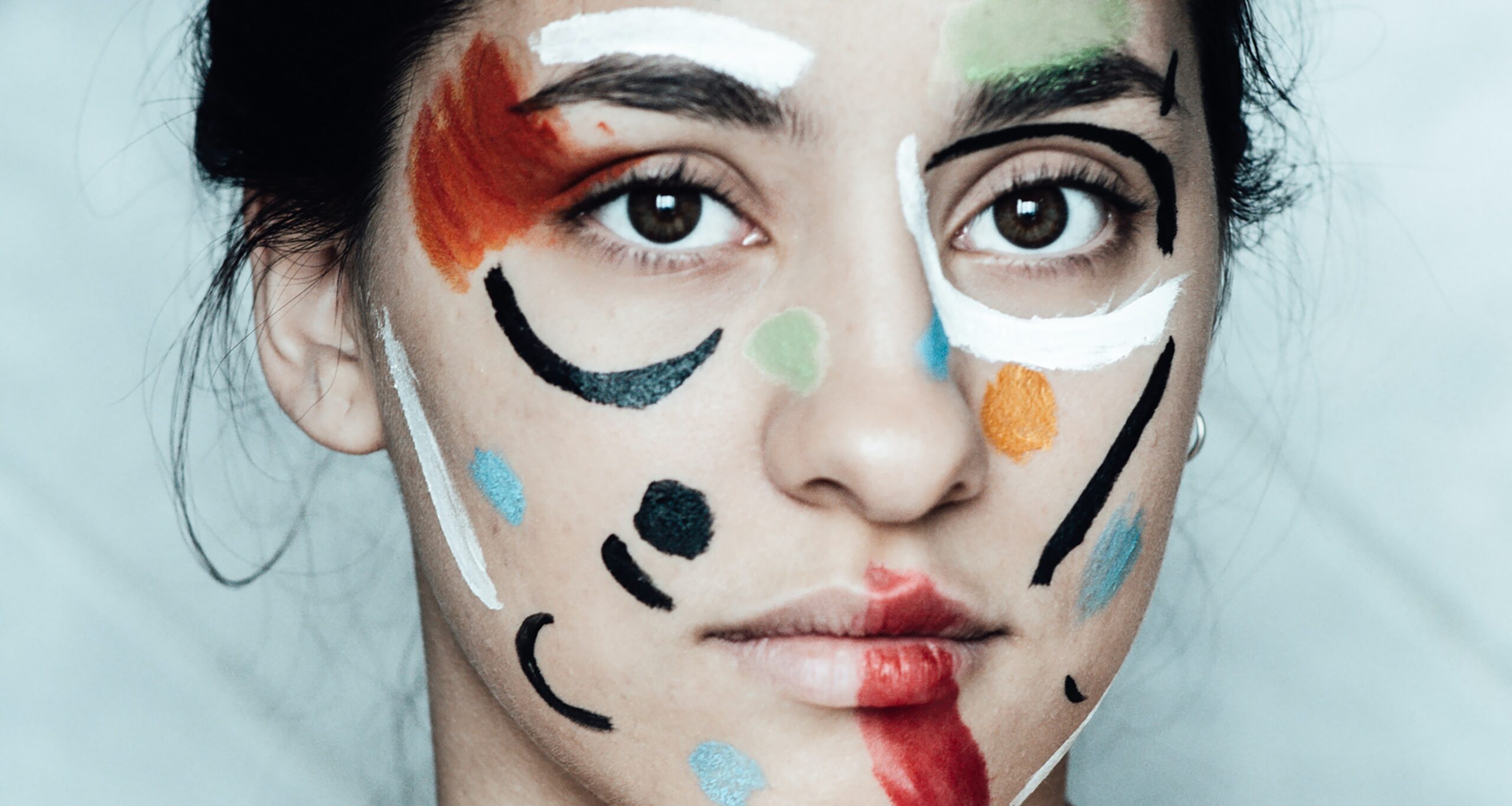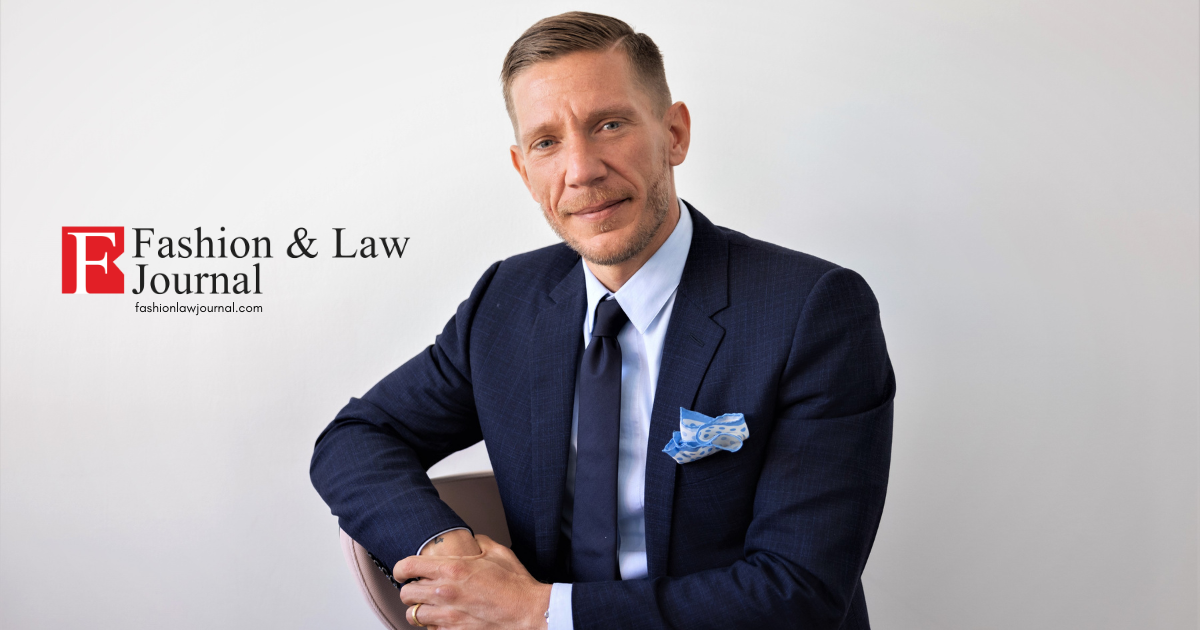Angela Del Vecchio, currently the Director of LUISS LL/M in Fashion Law at Luiss Guido Carli University, Rome, Italy is an international fashion lawyer. In a conversation with Apoorva Mehta, Executive Manager at Legal Desire, Ms. Vecchio talked about the journey of Fashion Law and the important aspects in nexus.
Q1. Can you give a brief about your background? How has your journey been so far from an International Lawyer to Director of the Luiss LLM in Fashion Law ?
I have taught and practiced International Law and European Union Law for about forty years. This branch of law is undoubtedly important for the regulation and management of the world of fashion. World, which, beyond studies, has always fascinated me. That’s why LUISS School of Law asked me to direct its LLM in Fashion Law. And, of course, I accepted the proposal enthusiastically.
Q2. As a director of LUISS LLM in Fashion Law, what is the teaching methodology deployed to help students understand the different areas of Fashion Law? What is the general profile of students who take the LLM course?
In order to develop and improve professional abilities and personal skills, we comprehensively address all of the legal matters and expertise involved in the regulation of the fashion sector. We provide classes, workshops, practical and experiential learning activities and, above all, direct contact with general counsels of important brands, professional, lawyers, markets leaders and academics.
Most of the students who take the LLM course are graduated in Law.
Q3. What is the relation between Fashion Law and IPR? Do students need to opt for IP as major in college to form a base in Fashion Law?
It is an indissoluble connection. In the LLM in Fashion Law we provide an entire module which tackles the rules governing IPR in the fashion sector, from copyright protection to norms safeguarding design, patent rights and know how. The module also provides a complete understanding of the legal instruments for the defense of fashion brands from infringements of trademark to protection of their IPR.
Opting for IP as a major in college is definitely a great investment.
Q4. If someone is interested in Fashion Law, how to pursue it? Can you suggest courses or firms/organizations where students can apply for Fashion Law?
Fashion Law is not adequately studied in law schools. A prestigious LLM in Fashion Law is therefore strongly suggested.
Q5. Where have the graduates gone on to work, and where is the most demand for this line of work in particular?
Fashion Lawyers are employed by both in house legal departments of fashion companies and most renowned legal firms specialized in this area of law.
Q6. What do you think is the biggest challenge in the future of fashion law, considering the impact of the pandemic?
In the past 18 months, the traditional consumer behavior has dramatically changed: stores have been closed for long periods; travels have been restricted while e-commerce is experiencing a boom. Therefore, fashion lawyers are required to pay increasing attention to the complex legal issues linked with Digital Markets. For example, they need a more robust knowledge of privacy and consumer protection laws as well as of the international rules concerning the fight against “cyber counterfeiting”.
Q7. What career advice would you like to give to prospective LLM students looking to break into the industry?
The fashion market is not looking for “prêt-à-porter” traditional lawyers. Prospective LLM students must “tailor” their legal education. They should invest in a master focused on each legal issue of the entire cycle of fashion production, commerce and supply chain as well as on the dispute resolution systems available in the fashion sector.
Q8. In this time of COVID, what is your opinion with opportunities in Fashion Law?
In a scenario where everything is changing, the Fashion Industry is looking for a new generation of lawyers. In addition to the consequences of coronavirus, the market is eventually impacted by the increasing attention payed by the civil society to green-economy and social justice.
Excellent opportunities will open up for those who demonstrate their mastery of the continuous transformations of fashion law.
Q9. Any advice that you would like to give to students, professionals or lawyers who aspire to pursue a career in Fashion Law?
As I have just said, continuing training and updating on new legal issues, is my advice. It is apparently a classic and universal advice. In reality, in the current world of fashion it is the main condition to become an esteemed, well-paid expert.







